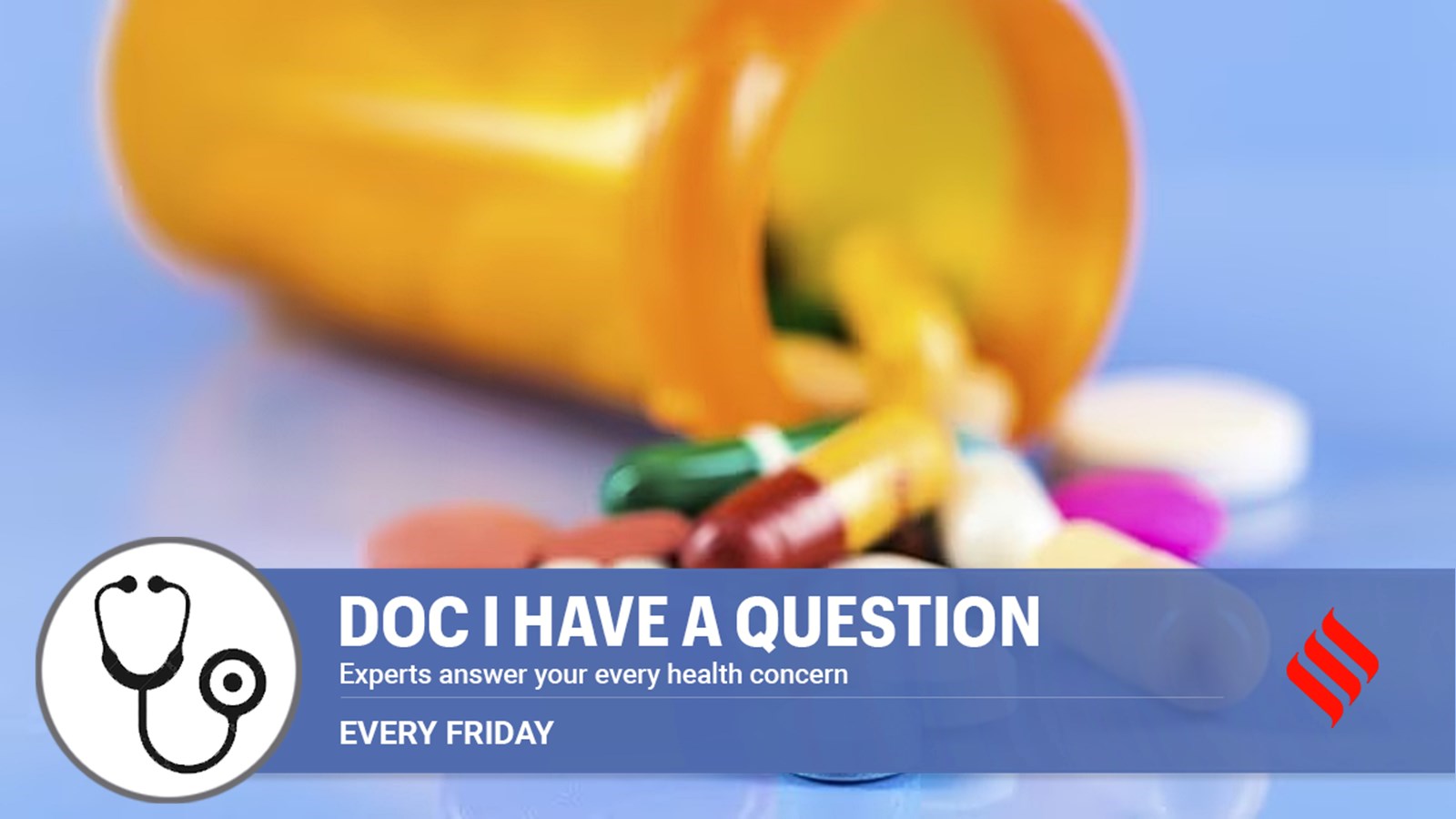
Health Ministry asks doctors to list reasons for prescribing antibiotics: What does it mean for you as a patient? | Health and Wellness News
With antimicrobial resistance on the rise, the Union Health Ministry has now urged doctors to mention the reason for prescribing antibiotics to limit their broad spectrum usage. At the same time, pharmacists have been urged not to dispense these medicines without a valid prescription. It is estimated that globally 4.95 million deaths in 2019 were caused by drug-resistant pathogens.
Dr Sangeeta Sharma, professor of neuropharmacology at the Institute of Human Behaviour & Allied Sciences and president of Delhi Society for Promotion of Rational Use of Drugs, says this move will compel doctors to review their decision while advising antimicrobials.
How will writing the indication for prescribing antimicrobials help?
The small step of writing down the indication for which the medicine is being prepared helps the doctors review their decision on whether the antimicrobials are necessary. It forces doctors to narrow down their suspicion — either through clinical observations or tests — on which pathogen is causing an infection. This, in turn, helps them prescribe narrow-spectrum antibiotics. These antibiotics are targetted towards treating certain types of infection instead of affecting every microbe in the body.
The understanding is if you can work with a needle, why take out the sword? Broad-spectrum antibiotics are known to drive up more resistance than targetted drugs. Writing down the indication also helps in settings such as large, tertiary care hospitals with heavy patient load, where sometimes there is a practice of just repeating the previous prescription, leading to long-duration use of antibiotics.
I get a fever and a cold every change of season, what should I do?
People have come to think of antibiotics as just any other over-the-counter medicine. They do not know the harms of consuming antibiotics without prescriptions — nobody wants to go to the doctor, get tested, take a few sick days, when they can get a quick fix from their local pharmacy. However, it is our job to make people understand that the indiscriminate use of antibiotics not only harms them but the community at large.
The use of antibiotics without prescription or incomplete duration of treatment leads to resistant bugs circulating in the community, making the same medicine useless for others.
What are the scenarios in which antimicrobials are most commonly misused?
There are two common scenarios in which antimicrobials are misused or overused even by doctors. One, when they cannot make a diagnosis on whether an infection is caused by a bacteria or virus and prescribe antibiotics to err on the side of caution. Two, when they know it is a bacterial infection but want to avoid secondary infection. This is where antibiotics can be conserved because very few people get such secondary bacterial infection.
In the case of a serious patient, who is admitted to the hospital, broad-spectrum antibiotics may be prescribed for 48 hours, during which they can be tested for which pathogen is causing the infection. The antibiotics needed to be switched after that.
Prescription for antimicrobials before and after a procedure or surgery is another way that antibiotics are commonly overused. Just a single dose of antibiotic 60 to 120 minutes before a surgery is enough to prevent surgical site infections. However, doctors end up prescribing antibiotics for seven to 14 days. If proper sterilisation of equipment, preparation of surgical site is done, infections cannot happen. Shaving the surgical site before a surgery should be avoided because it can lead to abrasions that can get infected.
What has been the result of antimicrobial overuse and misuse?
The impact is clearly visible now — common infections are not curable anymore. Tuberculosis and urinary tract infections have become multi-drug resistant. In hospitals, infections are resulting in longer treatment times with use of costlier and more toxic antibiotics. Despite all efforts and successful surgeries, people are dying.
What about new antibiotics?
For a long time, we did not worry about antibiotic-resistance because newer therapies kept coming in. There has been no new class of antibiotics in the last couple of decades. This is because companies do not want to spend on discovery of drugs that soon become obsolete due to resistance. The need, therefore, is to conserve the existing antibiotics.
No Byline Policy
Editorial Guidelines
Corrections Policy
Source
